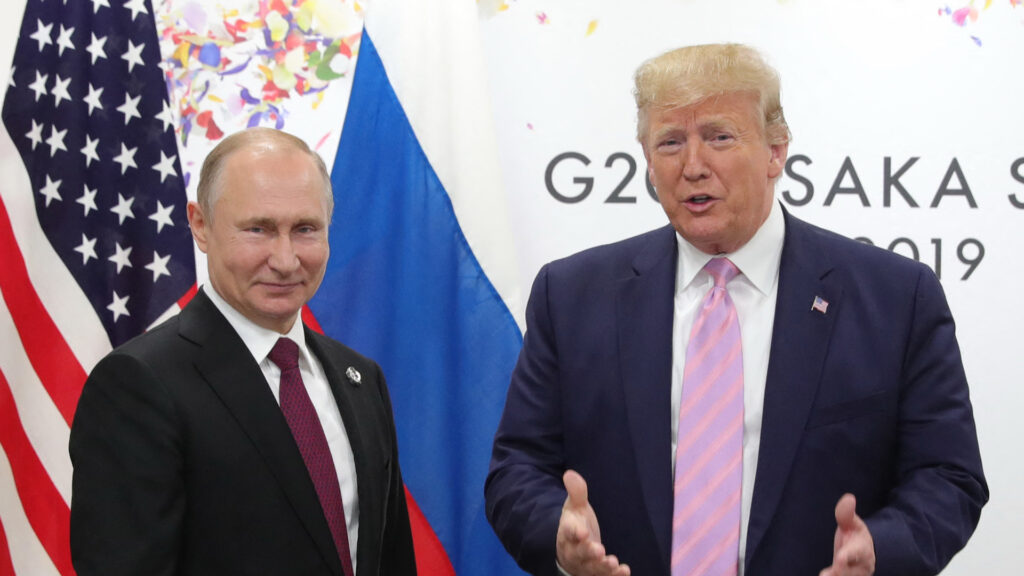United States President Donald Trump reportedly told European leaders that Russian President Vladimir Putin won’t end the war in Ukraine because he believes Russia is winning, according to an article published in The Wall Street Journal. The White House pushed back on the report, disputing the characterization of the president’s remarks.
The alleged comments came during a call with European officials shortly after Trump spoke with Putin for over two hours on Monday, May 19. It was Trump’s first direct acknowledgment of Putin’s stance on the progress of the war.
Trump described the call with the Russian president as “excellent,” according to the WSJ, but stopped short of pressuring the Kremlin to end the war. Some European leaders shared their frustration, and said they had hoped Trump would support new sanctions if Putin rejected a ceasefire.
Instead, Trump backed lower-level talks between Russia and Ukraine, potentially hosted at the Vatican in June.
Who participated in the call with Trump?
Ukrainian President Volodymyr Zelenskyy, French President Emmanuel Macron, German Chancellor Friedrich Merz, Italian Prime Minister Giorgia Meloni and European Commission President Ursula von der Leyen participated in the discussion. The call followed a coordinated diplomatic push by Europe urging Trump to apply stronger pressure on Moscow.
According to European officials cited by the Journal, Trump opened the call by stating, “I think Vladimir does not want peace,” but then refrained from endorsing new penalties against Russia.
White House press secretary Karoline Leavitt later disputed some characterizations of the conversation, insisting Trump repeatedly expressed a belief that Putin wants peace and that the quote attributed to him was not accurate.
Leavitt said the president “did say he believes Putin is winning the war BUT he NEVER said ‘Putin isn’t ready to end war,’” as the Journal reported.
What role would the US play in peace talks?
Trump proposed that U.S. Secretary of State Marco Rubio and U.S. special presidential envoy for Russia and Ukraine, Keith Kellogg, lead a potential U.S. delegation — but stayed vague about whether the U.S. would participate directly.
Trump objected to calls for an “unconditional ceasefire,” even though he used that exact phrasing in a Truth Social post on May 8.
Ukraine has accepted the proposed 30-day ceasefire. Russia has so far refused and continues to pursue its original demands, which Kyiv rejects.
How are European leaders responding to Trump’s position?
European officials voiced frustration over Trump’s walk-back on sanctions. Still, they said the call clarified Putin’s position and helped them gauge Washington’s posture.
European officials told the Journal that the U.S. will not block arms exports to Ukraine if Europe helps pay for them.
The European Union has moved forward with a limited new sanctions package, while preparing additional measures if diplomacy fails. Meanwhile, Trump’s comments raised concerns among European leaders about how much pressure his administration is willing to apply to help broker an end to the war.
contributed to this report.


